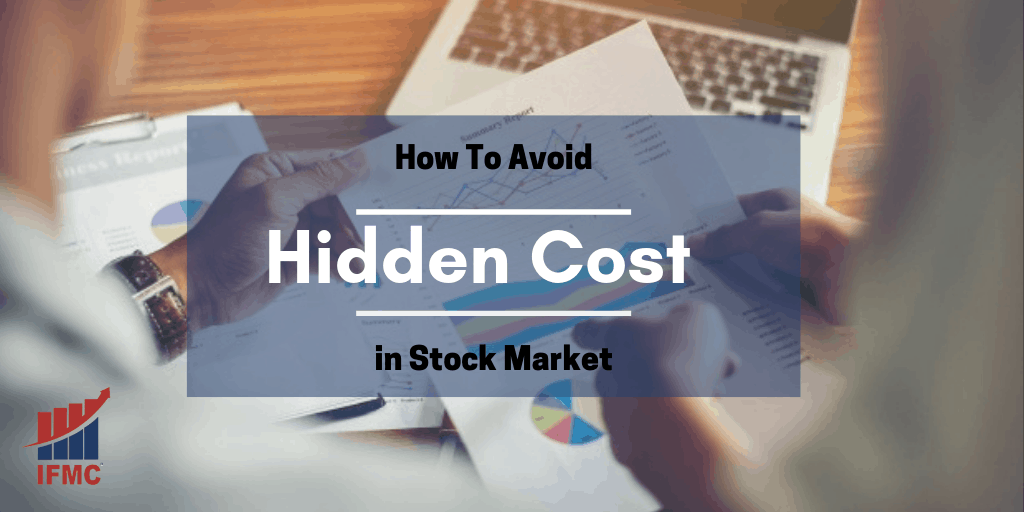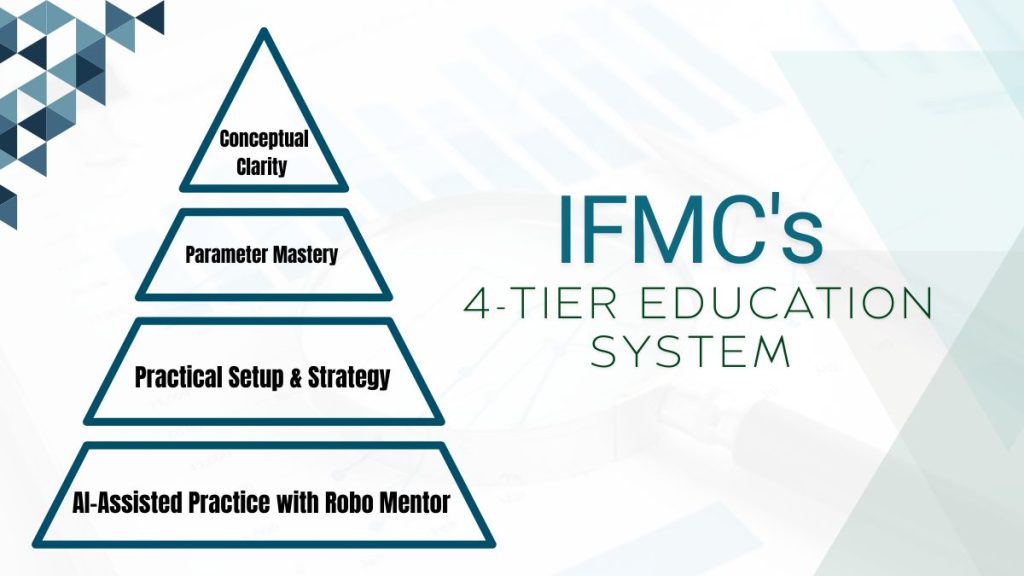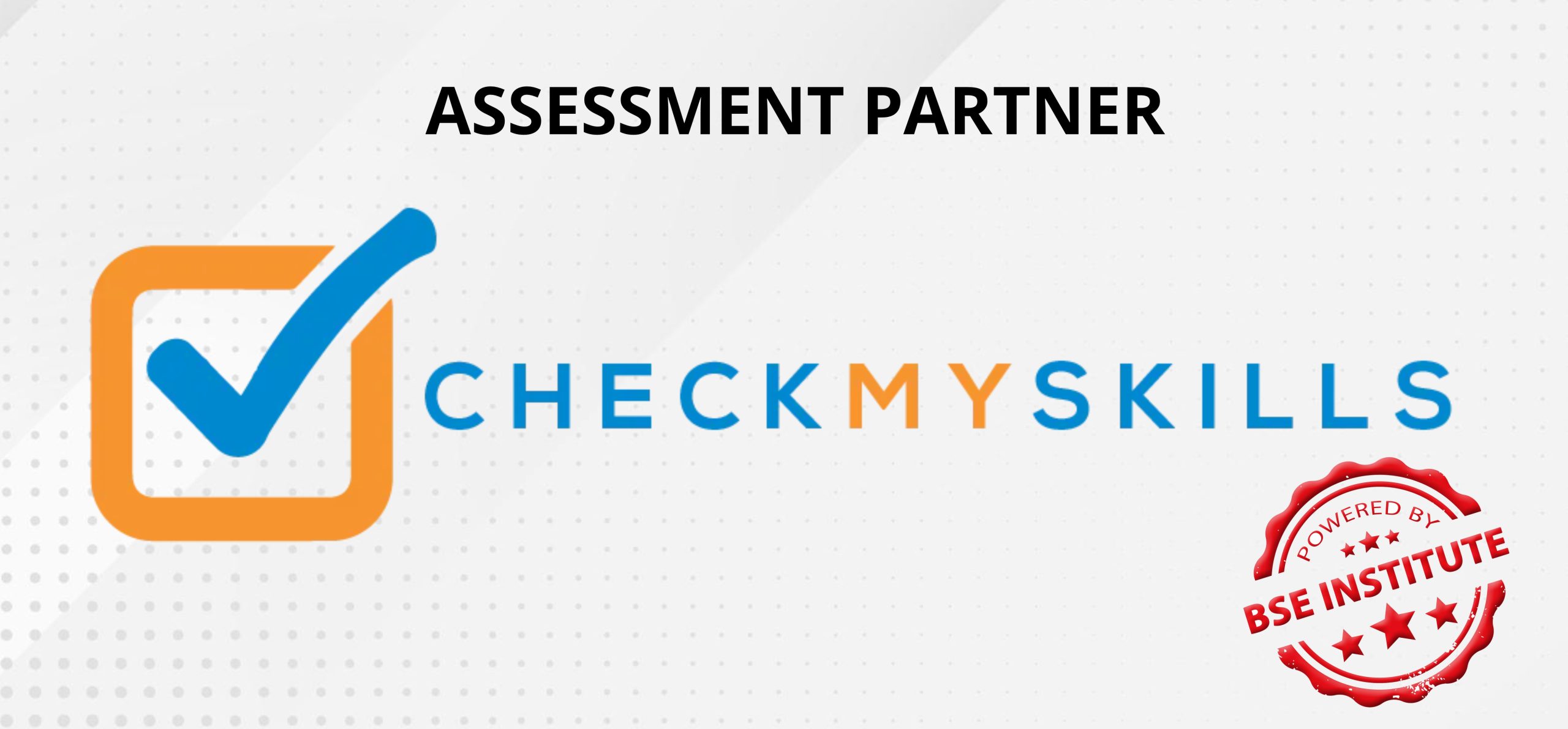In stock market focus is on trading but often investors neglect money management. Let’s understand the hidden cost in the stock market that eat away your profits even when your trades are actually on the winning side.
So, let’s start with learning the two major hidden cost.
But, before we get into the topic, let’s understand more about hidden loss.
What is a hidden loss?
Stock market trading results in profit gain or money loss. Losing money refers to a situation when investors enter the market to spend more money than one earns. However, there are many losses we do not enter the ledger accounts, besides, eat our balance.
Stock market is much more than just investing and trading. Financial advisors and brokers act as an intermediary between buyers and sellers. They charge a fee or commission for executing buy and sell orders submitted by an investor.
With a growing number of broking firms, money-making techniques have changed that facilitating a transaction. The stock marketing is a way to transfer from greedy, indisciplined, and fearful people to disciplined and patient people.
We at IFMC Institute do not want investors to fall into the trap. Thus, taking benefit of the platform, we want to discuss the essential of hidden cost investors fall into the trap.
Here are two hidden costs every investor should learn to avoid mistakes.
Margin Funding – The Reality
What is the margin? Margin is borrowed money from a brokerage firm for investing. Margin money is the fastest growing business for retail brokerage. Until, last year, margin trading was allowed only with cash. Securities and Exchange Board of India relaxed the criteria by allowing investors to create positions under the margin trading by pledging the shares to the broker, who in turn gives the client/trader margin money to trade in market and the client pays interest on this margin money.
Let’s consider an example.
For instance, you bought 1,000 shares of XYZ company. At a closing price of Rs. 5. Therefore, the market value of the account is Rs. 5,000. If the broker equity requirement is 25 percent, you must maintain Rs. 1,250 in an account. If you have an outstanding margin loan against the share of the Rs. 3750. Then your equity will be Rs. 5000 – 3750 = Rs. 1250. The broker determines the customers should receive a margin call for Rs. 1250.
With margin investing, there is always the potential to lose more cash. Then you actually invest in stocks.
Default Funding – New Broking Firms Money Making Strategy
Over 90% of traders neglect the default funding in the stock market. What is default funding? Default is the failure to repay a debt on security which is referred to as ‘late payment’. Every brokerage firm charges a higher rate through charges. Where you trade using your money instead of taking margin or default finding. Normally brokers give 7 days to cut your positions and greedy clients fall in this trap and pay higher rate of delay pay in charges.
For example, if you bought Rs. 1 lakh stock you need to pay 22 to 24% interest to the broker as default payment. Let’s consider an example
You take Rs. 1,00,000 funding from a broker. During the span of 7 days, you invested in one buy and one sell means two transactions a week. If the brokerage fee is .3% then you paid 0.6% brokerage per week and you are paying 2.4% per month to broker. Above this, you are paying 2% per month delay pay in charges.
In total, you paid 2.4% plus 2% which means 4.4% per month or 53% per anum.
Thus, keep yourself safe and do not use broker money for buying stocks. Stocks should be bought from the money which you have and should refrain from paying high-interest money.
As quoted in the above example its clear that the trader losses huge money without even making any losses.
Quick Tips to Avoid Margin Funding
- Make sure you understand how margin fund fully works. If you are planning to deal in margin trading then avoid margin call on your account.
- Do not take money from friends or brokers. This will only increase your cost.
- One way to avoid margin call in your account is the effective use of stop-loss order. Stop-loss orders could not only prevent margin call but also saves your taking heavy losses.
- Talk to your broker first about all the cost and interest to get outlook.
- Gain stock trading knowledge and avoid brokerage fee.
Where to Turn For Help?
Margin funding is a serious business. You need to proceed cautiously when leveraging trades. Learn the right way to trade with online stock market trading course. Do not let your broker take advantage from your wrong investment decision.





















